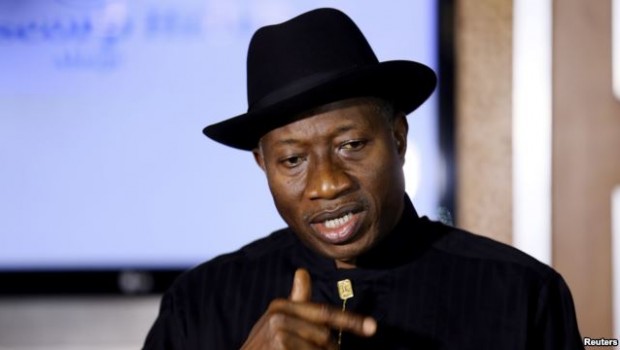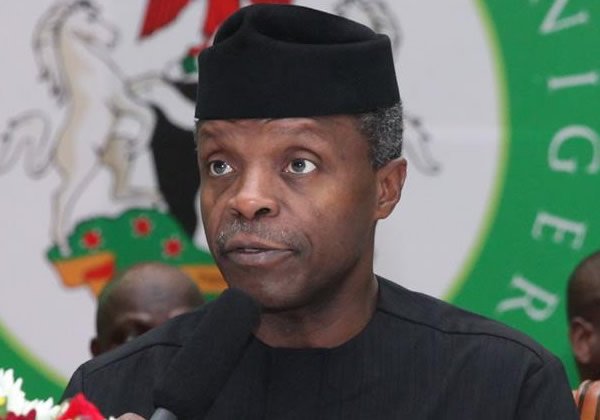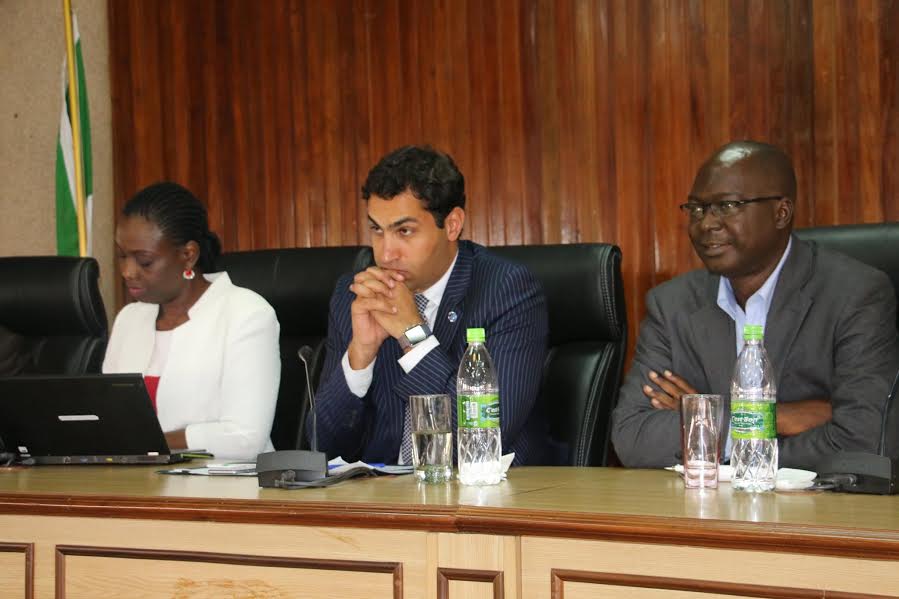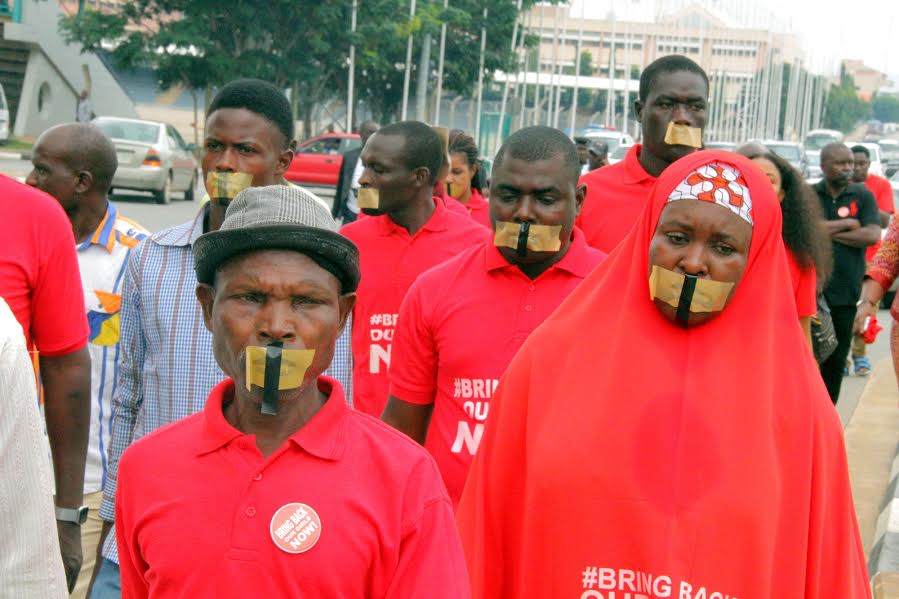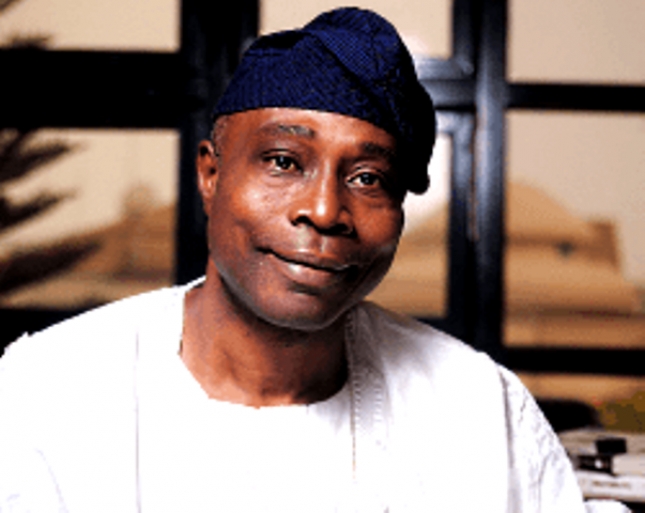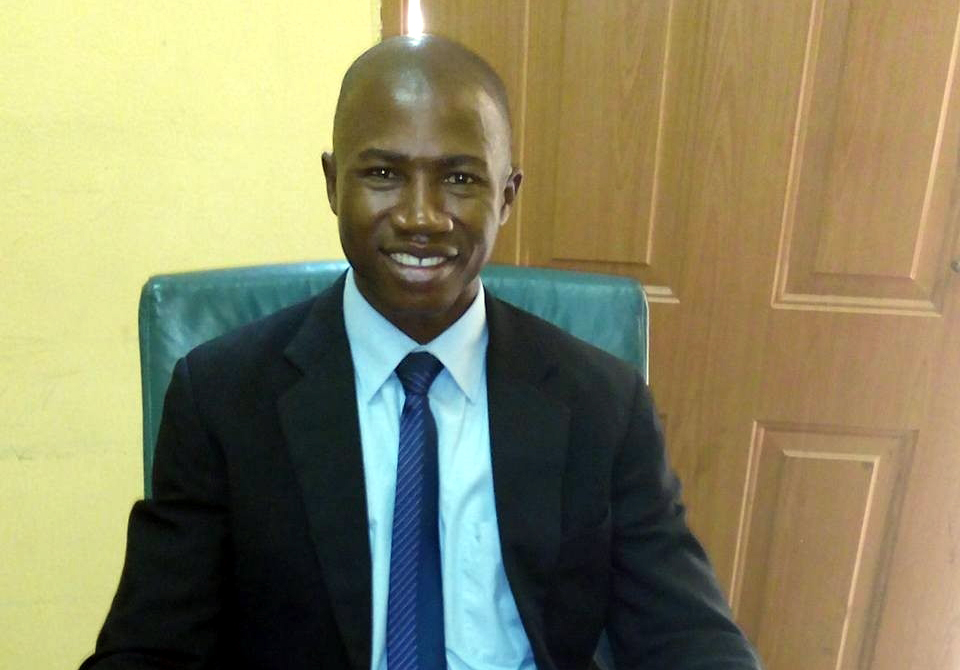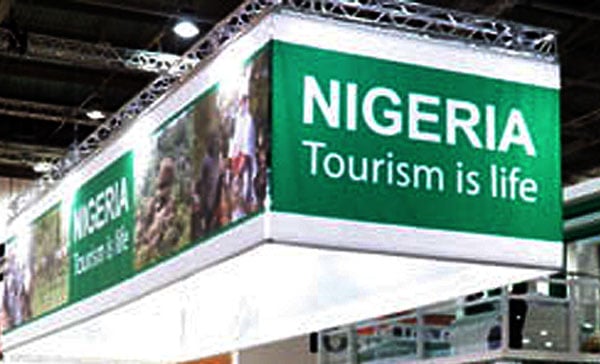BY DEMOLA OLAREWAJU
In the aftermath of the loss of Goodluck Jonathan, my pain as one who had supported him stemmed not from the feeling of a personal loss but anger that he had seemed to assume that his mandate was a personal one that nobody had a right to feel more angered by than himself.
I saw this as selfish – his occupancy of the position of President was not just about him. It was about his wife who had stood by him for years faithfully, who had fought battles in defence of the man whom she had always loved and who even if he was just still a lecturer at the university, she would still love as much as she did when he was President.
It was about a political party, used to having its way at elections with the sheer strength of state machinery in many instances but also some of whom worked quite very hard for electoral victory, not consulted before the man conceded – men who are now hounded into exile, into jails and into silence by their political foes.
Advertisement
It was about a people – those of the Niger-Delta who had waged battles against the Nigerian State ever since the discovery of oil led their environment into degradation and who had contributed sons like Isaac Adaka Boro who died while fighting the civil war against Biafra and Ken Saro-Wiwa.
It was about the peoples of the north in a way – for whom those years of power-holding had not yielded anything but a certain feeling of superiority with nothing to show for it in improved living standards or education other than that their kinsman was in power.
That election was beyond the person of Jonathan. His was the culmination of years and years of battle against an old Northern establishment that has laid claim to power as a birthright since the departure of the colonialists.
Advertisement
As certain realities on which some of us warned now come into play, it feels again like a call to the trenches that our fathers once stood in and did battle that old enemy. It is unfortunately a battle that robs even the victor of a bit of himself.
“Lord, take these guns away from me/Cos I can’t shoot them anymore” – these lines from Dolly Parton’s version of Knockin’ On Heaven’s Door came to mind and stirred my muse – a battle has to be fought but it is not one we will relish fighting.
I came to know Awolowo through the writings of Chief Bola Ige but both men for me were Yoruba Leaders – with the latter being a bit more nationalistic than the former. I preferred Zik whom I always thought was a lot like Ige – in oratory prowess, in leapfrog thinking and in writing.
The more I grew in political enlightenment, the more I appreciated Awolowo and how he came to become a sectional leader. Awolowo fought with all his might against a northern establishment that was patterned on the ideals of Feudalism. Northern minorities were either loyal to the Fulani aristocracy or were dealt with ruthlessly.
Advertisement
Awolowo fought valiantly against this – forming alliances with Joseph Tarka from Benue and several others. Campaigning heavily in northern territory in his quest to become President of Nigeria, promising free education and a more equitable form of government.
But Ahmadu Bello could not understand why everyone wouldn’t just stick to their own territorial base and let others advance at their own pace. For Ahmadu Bello, the title Sardauna of Sokoto was more valued than being Prime Minister.
By 1979, advances had been made – Shehu Shagari was not your feudal lord neither did he have blatant religious ideals. With inroads from the likes of Abubakar Rimi and Balarabe Musa who brought populist/progressive ideals to the north, the glass ceiling was cracking – politicians from the south and the north seemed to have found enough common ground to be able to sit at the same table as equals..even if corruption was one of the unifying factors.
Until the Coup of 1983.
The country returned to another era of ethnocentricism that would culminate in the death of a democratically elected MKO Abiola. The same men who had managed to forge the old alliance of balance had grouped together under G-34 as northern leaders finally decided to join in the push against dictatorship – Abacha had become a threat not only to the Kudirats, Suliats, Rewanes and Obasanjos of the South, but also to the Yar’Aduas and Dasukis of the North.
Advertisement
And so it was that after 16 years of military rule, Olusegun Obasanjo, a compromise candidate, liked more by those outside his own tribe than by those within (Bola Ige, his good friend, was an exception), became the President. The North dared him on Sharia and though Uncle Bola huffed and puffed, Obasanjo was never going to let himself be drawn into a battle with that northern establishment that had brutally hacked down many of its own for showing weakness.
Having agreed (like Jonathan would) to be President for only one term, Obasanjo managed to beat the north at its own game of power by promoting many northerners as his likely successors and earning their support for his second term.
Advertisement
With one final move in 2007, Obasanjo placated the northern establishment and the Yar’Adua political family while also placating the Niger-Delta. But fate stepped in and the Niger-Deltan became President…breaking the back of an establishment that felt it was Born To Rule.
Fate may bring you into position but only self can grow you into a position – Goodluck Jonathan failed to grow into the Presidency and an alliance of the oldest surviving and newest over-reaching power brokers saw him out. At the arrowhead of that alliance was a familiar figure from the December 1983 coup.
Advertisement
So we are here again: having to explain to compatriots why organs of state should protect freedom of expression rather than prevent me from giving my dog a bad name because someone may feel offended. Having to watch as the entire security machinery, both of force and intelligence, military and espionage is concentrated in the hands of people from the same section of a country, in a multi-ethnic state.
Fulani herdsmen now seem to be a law to themselves – while the state by its silence continues to encourage them. A bill to establish grazing routes or ranches all over the country for their benefit is being considered.
Advertisement
To be fair, I note with joy, admiration and respect, a few northern voices continue to call out the present regime of Ethnocentrism for what it is – the First Lady of one core Northern state tries valiantly to explain to me that some things are no longer just possible. From seeds like these must the oak of nationhood grow.
And last night, presidential spokesperson Garba Shehu gave another inkling into the thinking of Aso Rock. Try if you can, to first ignore the information that our President’s first page of visit in the daily newspapers is the cartoon section which provokes a good laugh. Then think more to see that he just doesn’t get it.
He doesn’t get that the ethnic region a President comes from in Nigeria feels a greater sense of entitlement to the use of state power, unless a clear and consistent signal from the President himself is sent to them. He doesn’t get it that other ethnic regions feel at the mercy of the ethnic region in power unless a President takes steps towards Inclusive Governance.
I’ve once watched Mr. President on national television at a national event hosted in the north end his written-in-English speech with several minutes of speaking in Hausa…not a big deal for many but such instances reinforce certain feelings of dominance and inferiority in different ethnic groups.
I refuse most days to dignify such discussions with any form of attention, so long as sane voices continue to speak against Ethnocentrism. I do not want to fight the same battles that our political fathers fought – that why I readily understood the significance of those lines from that song – that’s why this is a knock on heaven’s door.
Olarewaju is a political analyst and strategist as well as a member of the PDP. He tweets from @DemolaRewaju
Views expressed by contributors are strictly personal and not of TheCable.
Add a comment
